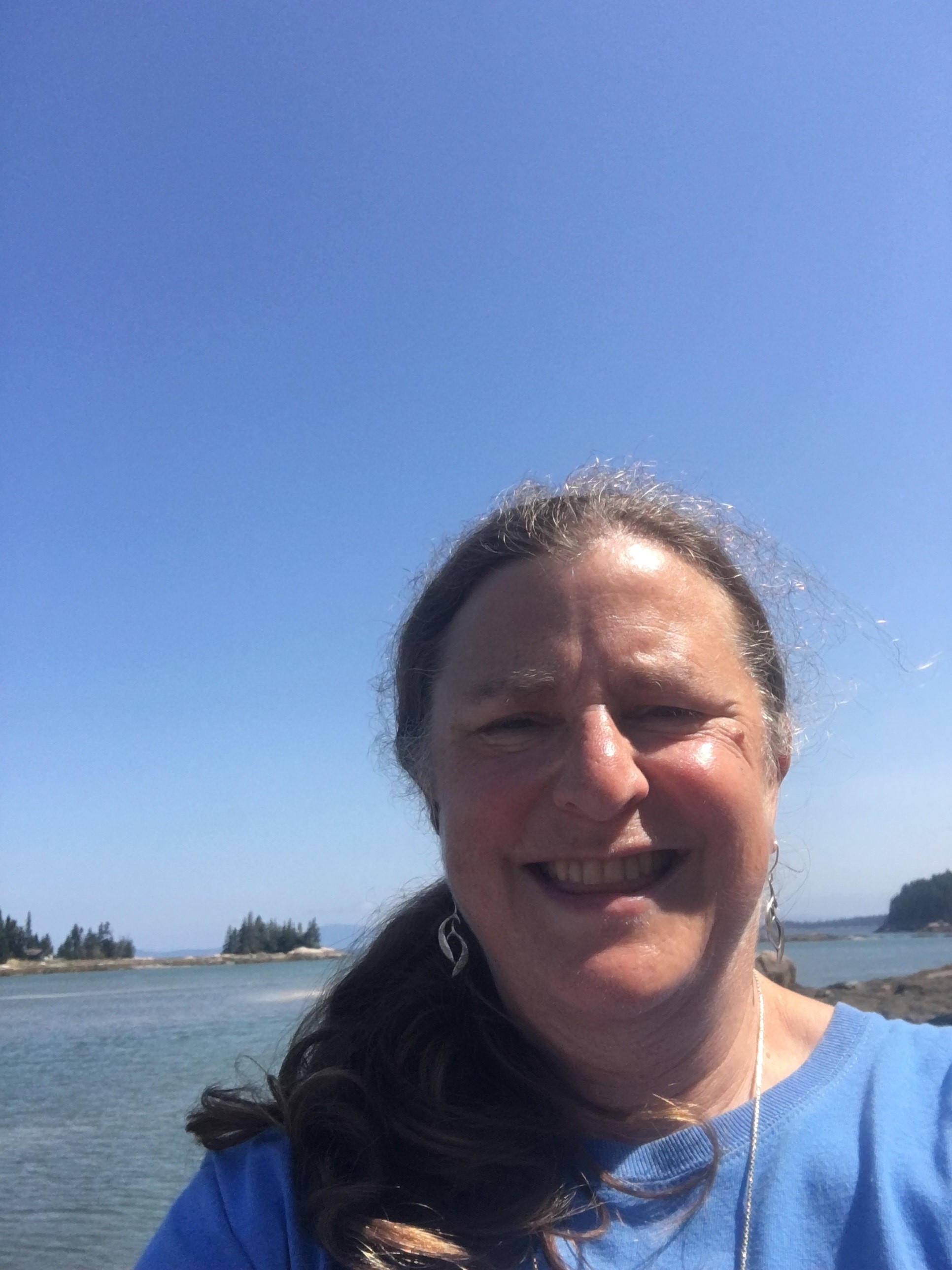
AAHPM reached out to the 2024 Visionaries to gain insight into what motivated them to pursue leadership positions and what they find more fulfilling in their experiences. Elizabeth Hart, MD has been recognized as one of the exceptional individuals chosen as a 2024 AAHPM Visionaries in Hospice and Palliative Care.
Who has most influenced your work and how have they shaped your contributions?
Being present for the deaths of my father and a dear friend early in my residency deeply impacted who I became as a doctor and as a person. These experiences permeate both my clinical work and advocacy. Patients are often my most treasured teachers. More formal mentors are too many to name. Joe O’Donnell, MD, Senior Advising Dean at Dartmouth, encouraged me to enroll in training as a hospice volunteer when I was a second-year medical student, an invaluable experience at a formative moment. Years later, when I was a geriatric fellow, he gave me another gift by asking me to review James Hallenbeck’s remarkable book Palliative Care Perspectives for the Journal of Palliative Medicine. Karen Gershman, MD and Jim Schneid, MD, faculty at Maine-Dartmouth Family Medicine Residency, kindled my nascent interest in hospice throughout my geriatric fellowship, helping me to think about the commonalities between the fields of Geriatrics and Hospice and Palliative Medicine. The national faculty of the Practice Change Fellows program (particularly Amy Berman, RN, Nancy Wilson, MSW, Rob Schreiber, MD and Eric Coleman, MD,) provided inspiring mentorship and nurtured my efforts to launch the POLST paradigm in Maine. Jackie Fournier, NP and Pam Brown, RN, role models and cherished colleague for decades, challenge me and remind me of what matters most. The nurses, aides, chaplains and social workers on our team teach me daily. Many of the previous AAHPM Visionaries have touched me deeply through their extraordinary careers. I look to them all as my guides.
What is the significance to you of being recognized as a “Visionary” in Hospice and Palliative Medicine?
To be recognized as an AAHPM Visionary is a great honor and is deeply humbling to me personally. More significantly, this recognition acknowledges the value of the shared work of many colleagues of diverse disciplines throughout Maine that ensures access to high quality Hospice and Palliative Medicine in rural and underserved communities. Serving the oldest state in the U.S. (based on median age,) with a geographically spread-out population, we strive to address the complex challenges of reaching vulnerable populations throughout the state. Although the focus of my individual work is primarily in Hospice, I am fortunate to be among the leadership team supporting the Maine Center for Palliative Medicine’s development of a vigorous and rapidly growing Community Palliative Medicine program and of our Nurse Practitioner Fellowship. This innovative work is increasing access to Palliative Care throughout our region. Acknowledgement of the impact of our contributions as a free-standing non-profit organization, outside the walls of an academic medical center, is an important validation of the extraordinary care given by front-line staff to our community.
This honor also recognizes the shared vision and values of Hospice and Palliative Medicine and Geriatrics. In both fields we strive to focus on what is most important to patients and families, holding them at the center of the care we offer. We cultivate essential conversations about what gives life meaning for each patient and family and how the medical system can best support them as time grows short and sharpens the focus on what matters most.
What is your aspiration for the evolution of hospice and Palliative Medicine?
My vision for the future of Hospice and Palliative Medicine is that our approach, which holds what matters most to patients and families as the center of their care, will become embedded in all elements of healthcare. We will continue to educate and offer role modelling for other healthcare professionals who will thus have an opportunity to hear the language of Hospice and Palliative Medicine and to witness the impact on their patients’ experience of illness and on bereaved loved ones’ grief.
As our field further evolves it is critical that we increase access to Hospice and Palliative Medicine for vulnerable and marginalized populations. It is also essential that we build and sustain a workforce that reflects the diversity of the communities that we serve.
As a geriatrician and Hospice Medical Director, I also hold as a primary goal that we will be able to make hospice accessible to those living with dementia based on eligibility criteria that focus on functional decline, rather than on guidelines that are inherently limited in prognostic predictive value.
I also hold as an aspiration that our healthcare delivery model will someday value the care given by aides as it deserves to be, with accompanying wages that are more fully reflective of the profound difference that aides make in the lives of the patients and families for whom we care. How often families tell us that it is the aides who most impacted their lives and lessened their stress. May their care be honored accordingly.
Learn more about the AAHPM 2024 Visionaries in Hospice and Palliative Care and view a full list of all current and past Visionaries.
